Popular discontent in Libya is on the rise as the people becoming increasingly frustrated with the lack of progress since the revolution
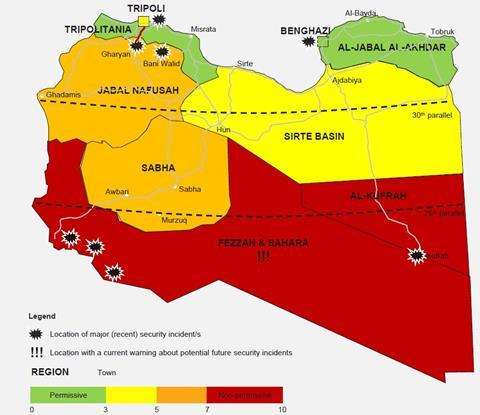
Following the revolution in Libya hopes were boosted about new investment opportunities. But, today, the country is far from stable.
Companies with operations (or plans to invest) in Libya face considerable strategic and tactical risks, according to a new report from Aegis Advisory.
The offices of the transitional governing council saw their offices in Benghazi looted recently, which analysts say is a symptom of rising public dissafection with its achievements so far.
Noteably, on February 10 Saadi Gaddafi (third son of the former Libyan leader) told media outlets that he was in close contact with people in Libya who are unsatisfied with the interim government. He warned of an imminent uprising.
“The Libyan people should revolt against these militias and against this deteriorating situation. The National Transitional Council (NTC) is not a legitimate body and is not in control of the militias,” Gaddafi said.
With elections on the way in the summer popular discontent is only set to rise, said Aegis. Militias are dominating the streets, security is low and crime is on the rise.
According to the report: “The frustration of the people is abundantly clear. Every word spoken on the streets is pulsating with fear over limited opportunities and disillusionment. There is no improvement in sight.”
According to Aegis’ outlook the security situation in Tripoli is “unpredictable” and “deteriorating”. Foreigners are particularly at risk at night.
Outside of Tripolic the situation is even worse. The Sahel-Sahara region should be avoided altogether, warned Aegis. Additionally, the Gharyan road, a main supply route from Tripoli to the South, is currently rated off-limits by Aegis.
Gaddafi’s old stronghold of Bani Walid, a town 110 miles south-east of Tripoli, should also be avoided.
Security concerns are shared by the international community. A UN Special Representative for Libya recently told the Security Council: “The threat from weapons falling into the hands of groups like Al Qaeda and the Islamic Maghreb is great”.
Recent security incidents in the capital are marked on the map below.
Any hopes for future stability should be weighed with a heavy pinch of salt, said Aegis, which also pointed out that the majority of Libyans do not understand the purpose of political parties and often see their existence as divisive rather than as an expression of democracy.







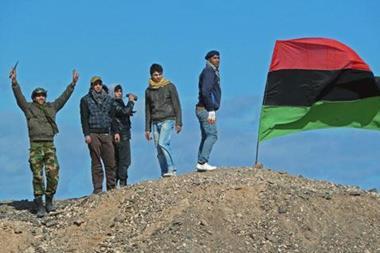

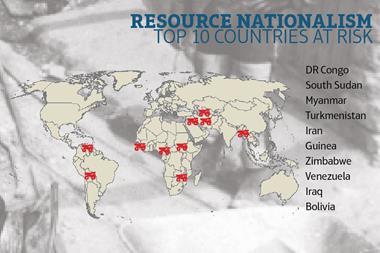
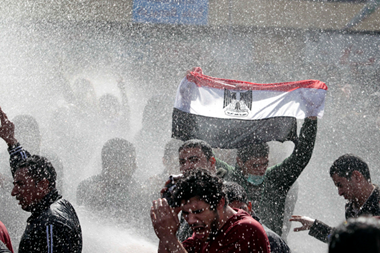

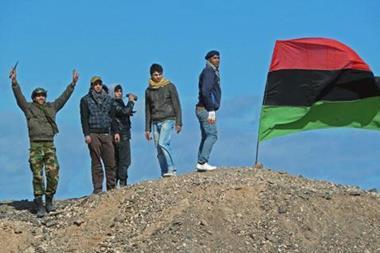




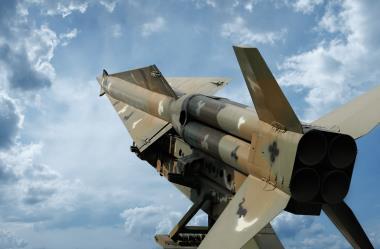




No comments yet